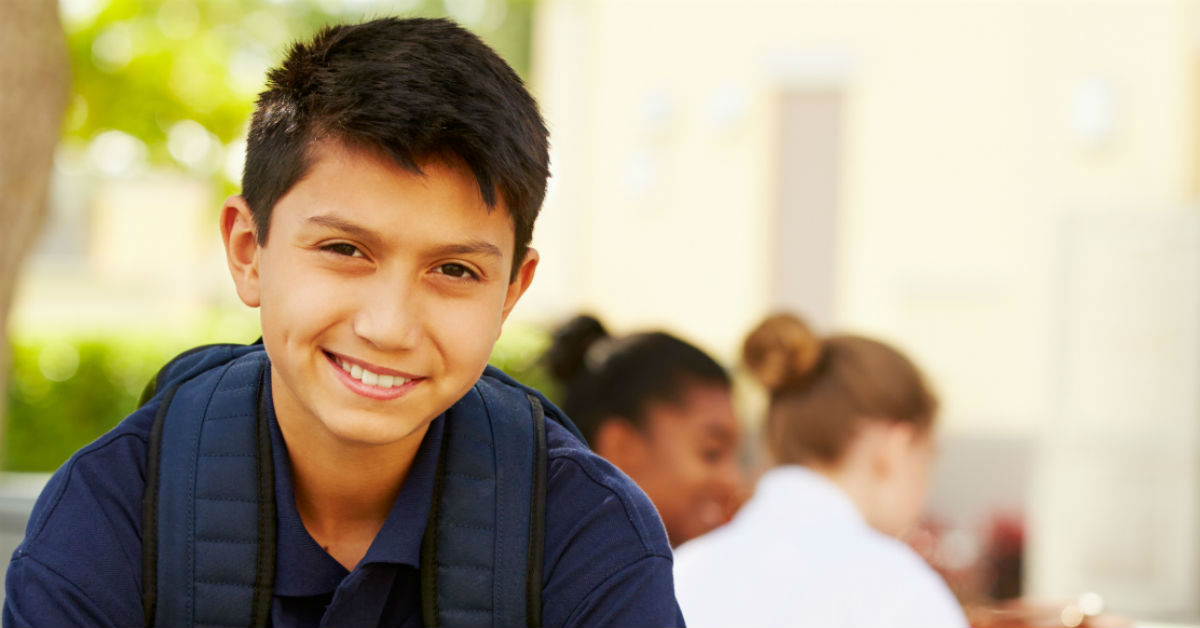Teens most often do not want to seek therapy. They go to therapy because their parents, teachers, or even a judge has ordered them to go. This is not only ineffective, but challenging for everyone involved.
When troubled teens enroll in therapeutic intervention programs at Liahona Academy, they aren’t as much on the defensive because:
- They are among other teens who have experienced similar life situations.
- Therapists understand the sensitive and confusing psyche of troubled youth.
Teens “often find most standard, shrink wrapped attempts to “engage” them infuriating,” according to Janet Sasson Edgette, Psy.D. It’s why at Liahona Academy, we focus on creative therapeutic programs that help troubled teens understand their problems and how their behaviors relate to them.
Behavioral Therapy for Troubled Teens
“Behavioral interventions help adolescents to actively participate in their recovery from drug abuse and addiction and enhance their ability to resist drug use,” according to the National Institute on Drug Abuse. The most common and effective behavioral interventions for troubled teens are cognitive behavior therapy and behavioral modification.
Cognitive Behavioral Therapy
Cognitive behavioral therapy treats many problems: substance abuse, anxiety, depression, eating disorders, etc. It helps people see there is a correlation with thoughts, feelings, and behavior. For instance, when people think a particular way, they have feelings associated with those thoughts, and then they react to those thoughts and feelings. The feelings are the motivations for the behaviors.
Since most of the thoughts that lead to feelings in troubled teens are negative, it’s important to identify the troublesome thoughts. By identifying the erroneous thoughts, which lead to the negative feelings, behaviors will change.
For instance, Billy is always getting into trouble for scoring low on his tests. Billy thinks all he has to do is stay up longer at night to study more. This solution excites him, so he tries to find ways to stay up at night. The only thing that works is amphetamines his friend suggested. The thought is that he has to study more, the feeling is the excitement of being able to study more to score higher on tests, and the behavior is using drugs, which leads to drug addiction.
With cognitive behavioral therapy, troubled teens learn how to think through their thoughts. While staying up late at night would give Billy more time to study, it’s not going to help him in the long run. It’s best that he try to find time during the day, so a better thought is skipping an hour of television after school to study every day. This can elicit the same feelings of excitement, and then the behavior would be choosing no television over drugs.
Behavioral Modification
Behavioral modification is another effective therapeutic intervention. Behavioral modification, developed by B.F. Skinner uses conditioning to change behaviors. With positive reinforcement for acceptable behaviors, troubled teens learn how their behaviors influence the problems, or lack thereof, in their life.
By identifying the problems in life and the behaviors associated with those behaviors, developing better behaviors, and implementing rewards for those behaviors, troubled teens begin to change the way they behave. In time, the behaviors become habit and the rewards are no longer needed.
Let Us Help You Help Your Troubled Boy
We can do this together. Your son needs help right now, and we can help him with our therapeutic interventions. Please give us a call today to speak with us about how we can support you and your family.










0 Comments